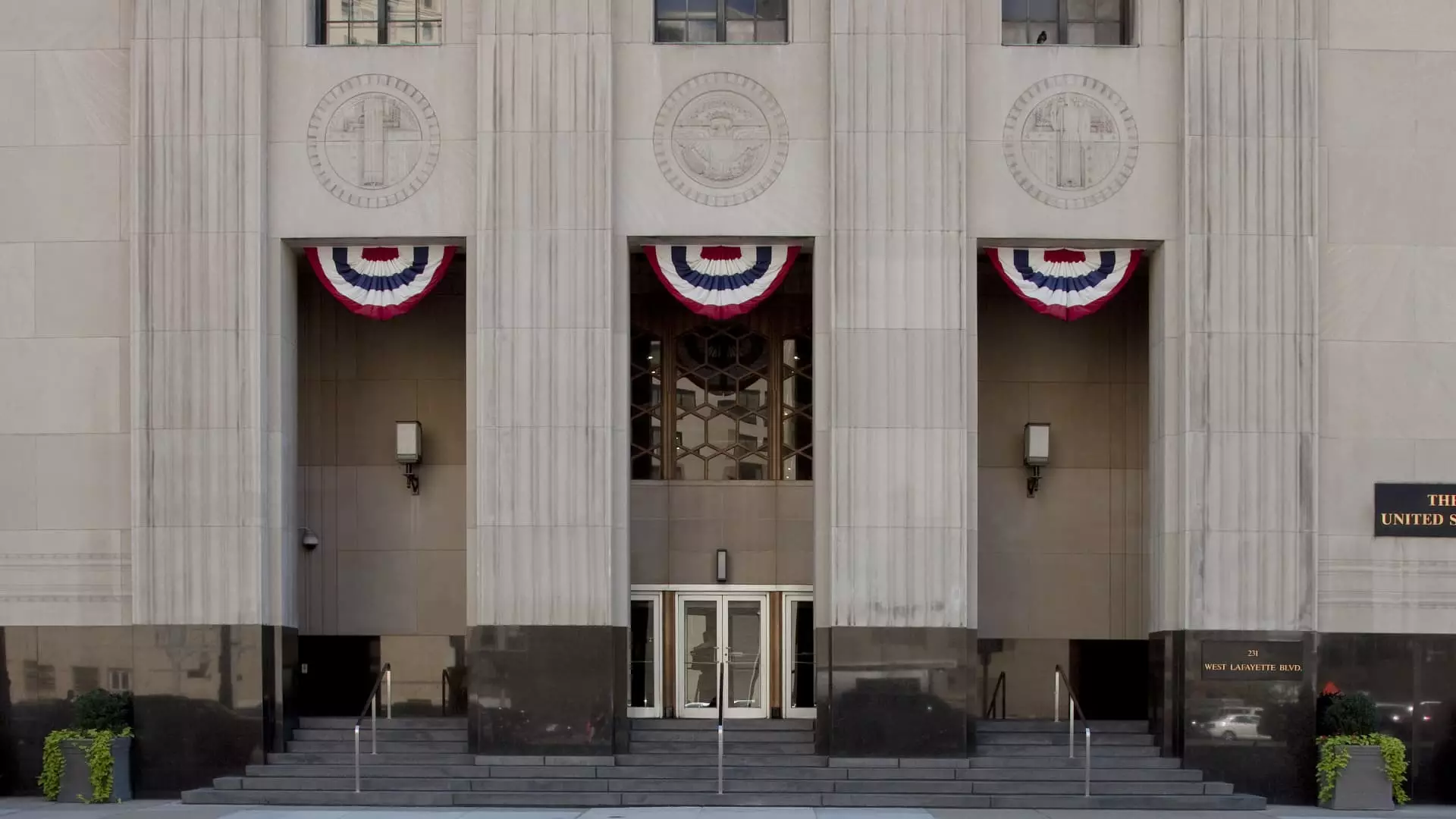The recent charges against Chinese researcher Yunqing Jian and her boyfriend Zunyong Liu illuminate a troubling intersection of scientific ambition and ethical malpractice. With reported intentions to smuggle a dangerous biological pathogen known as Fusarium graminearum into the United States, this case raises significant questions about not only professional integrity but also the vulnerabilities that exist within academic institutions. The implications of their actions reach far beyond the courtroom; they cast a shadow over the reputation of educational establishments tasked with safeguarding public welfare.
What lies at the heart of this controversy is a blatant disregard for established protocols designed to protect both agricultural integrity and public health. Fusarium graminearum is notorious for the devastation it wreaks on crops, causing economic losses that total billions globally. In a time when the world faces unprecedented threats to food security, such reckless behavior amongst educated individuals is nothing short of shocking. Their calculated efforts to conceal the pathogen from customs officials exemplify a dangerous mindset: one that prioritizes personal research ambitions over the well-being of society at large.
The Research Obsession
In the pursuit of academic accolades, it seems that Jian and Liu were steered by an obsession that clouded their moral judgment. Both individuals were previously scholars at an elite institution in China, and their decision to engage in this sordid smuggling operation suggests a disconnect with the ethical responsibilities that accompany scientific inquiry. The notion that knowledge should be harnessed for the betterment of society appears to have been overshadowed by a quest for innovation at any cost.
As professionals in a respected university environment, their actions betray the ideals that educational institutions should embody. It’s an unfortunate reality: the pressure to publish and contribute groundbreaking research can sometimes lead to unethical choices, especially when individuals feel their career trajectories hang in the balance. However, there is a vast difference between ambitious exploration and hazardous recklessness. In this situation, they chose the latter, jeopardizing public safety for the sake of experimentation and potential advancement.
The Consequences of Deception
The legal ramifications of this case serve as a powerful reminder that actions carry consequences. Liu’s initial denial—that the materials must have been planted—quickly gave way to outright acknowledgment of his intent to smuggle the pathogen into the country. It’s frightening how a moment of deception can lead to an avalanche of complications, not only impacting the individuals involved but also the legitimacy of their wider academic community.
While it’s easy to dismiss this as an isolated incident, the reality is that it serves as a warning signal about the character of individuals entering research fields. The fact that the University of Michigan has declared its lack of affiliation with the Chinese government concerning this case may provide some reassurance, yet it also highlights the need for thorough vetting processes and robust safeguards against malfeasance. Failing to implement stringent measures could set a dangerous precedent, where ambition blinds researchers to their ethical obligations.
A National Security Concern
This case also taps into larger issues of national security and bioethics. When researchers conspire to conduct potentially harmful biological experiments without oversight, they endanger critical infrastructures and public health systems. As global tensions rise and apprehensions about foreign influence in vital sectors escalate, the implications of Jian and Liu’s actions signal a concerning vulnerability that invites skepticism over research collaboration with international parties.
The severity of Fusarium graminearum’s effects on both agriculture and human health indicates a critical need for nations to re-evaluate their border security and the ethical frameworks that govern scientific experimentation. In this instance, the FBI’s counterintelligence division stepped in, underscoring the gravity of potential threats posed by academic figures operating outside ethical norms. The balance between allowing free inquiry and ensuring national safety has become a tightrope act; this case is a troubling example of what can happen when that balance is precariously tilted.
The unfolding drama of Jian and Liu serves as a cautionary tale in the world of scientific inquiry, emphasizing the necessity of ethical vigilance amidst increasing pressures to perform within academic circles.

